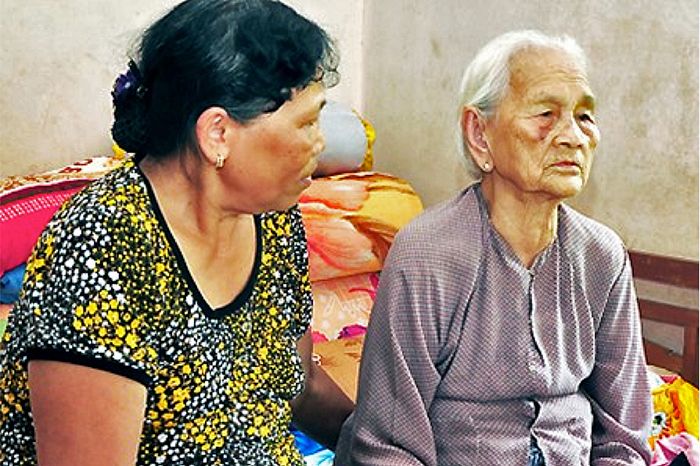In early April, news about an alleged rape case involving the head of Tuoi Tre's TV Department, Dang Anh Tuan, and a journalism student during the latter's internship made headlines nationwide. The incident also led the way for the emergence of Vietnam's long-overdue #MeToo movement.
Tuoi Tre first reacted to the news by suspending Tuan, also known by his pen name Anh Thoa, and turned to the police for a further investigation, which was followed by Anh Thoa's resignation.
Five months later, the Thu Duc District police department announced that the case will not proceed to prosecution due to a lack of evidence. The news was first reported in the print edition of Tuoi Tre released on September 24, which can be read in full in Vietnamese here and in English below:
Inspection authorities have worked with T. (the alleged victim), Tuan, and other people involved, together with The People's Procuracy of Thu Duc District to examine the scene at Tuan's house located in Binh Chieu Ward and retrieved footage from security cameras at Tuan's house. The investigation results confirm that on December 3, 2017 and December 28, 2017, T. went to Tuan's house to sleep over but there is no grounds to determine that Tuan had sexual intercourse with T. In addition, according to the letter of denunciation, the incident happened on December 3, 2017 but it was only on May 7, 2018 that T. reported the case.
A screenshot of the news section went public on social media, which led to many taking issue with the way the newspaper framed their report. Some opined that the information provided is misleading and veers towards victim-blaming.
Lawyer Le Ngoc Luan, who is reportedly defending the alleged victim, took to his personal Facebook profile to clarify certain misleading information and announce a preemptive appeal against the police decision, with two photos of the official documents sent from the Thu Duc District Police Department and the Thu Duc District People's Procuracy included.
"Regarding the security camera footage, T. and I have been informed by the inspectors that the footage cannot be retrieved because the investigation period was delayed for a long time," Luan writes. Indeed, most security camera footage is erased because of limited available storage.
"Furthermore, as far as I know, the cameras are installed on the ground floor. The incident happened on the first floor," Luan adds. The photos included in the lawyer's post suggest that not enough evidence was found to determine whether the rape occurred or not.
The news update quickly prompted many to voice support for Anh Thoa. Bach Hoan, a journalist who claimed to be Anh Thoa's friend, penned a post demanding an apology for Anh Thoa. The post garnered over 2,500 likes and 179 comments at the time of writing.
Lamenting how Anh Thoa's career was harmed by the allegedly wrongful accusation, Hoan writes: "Now that the police have concluded their investigation, with approval from the People's Procuracy, Anh Thoa is innocent. Anh Thoa didn't commit sexual assault."
However, some pointed out that defenders of the alleged perpetrator risk misconstruing the police's decision by arguing from ignorance, a common logical fallacy when it comes to judging what evidence, or the lack thereof, implies.
"The decision not to proceed to prosecution clearly stated, 'Not enough evidence and not enough grounds to determine...,' which means that the inspection authorities confirm that there are not enough evidence-based grounds to continue, not that 'the incident didn't happen.' These are two different matters," writes lawyer Luan, adding that the plaintiff will appeal the decision. Luan also mentioned that T. asked him if she can publish Anh Thoa's messages to her.
In a public Facebook post regarding Tuoi Tre's reporting and the public reaction to the decision, Khai Don, an author and journalist who has written extensively on the issue, highlights the fact that: "This [Tuoi Tre's] report obscures the factual information that the inspector could not retrieve the camera footage. Because the footage cannot be restored, they [the inspector] concludes that the case cannot be investigated."
Don continues: "A supervisor's suggestion, coercion, inappropriate touching and threats to not publish articles [...] — these [tactics] can be used to force the less powerful party to trade [sexual favors] and give in. These things cannot be quantified into a prosecution or a sentence."
"In Vietnam, the legal framework for sexual harassment and violence is almost nonexistent, which means if the incident happens this way, the perpetrator is never held accountable," Don explains.
[Photo via Phu Nu]














